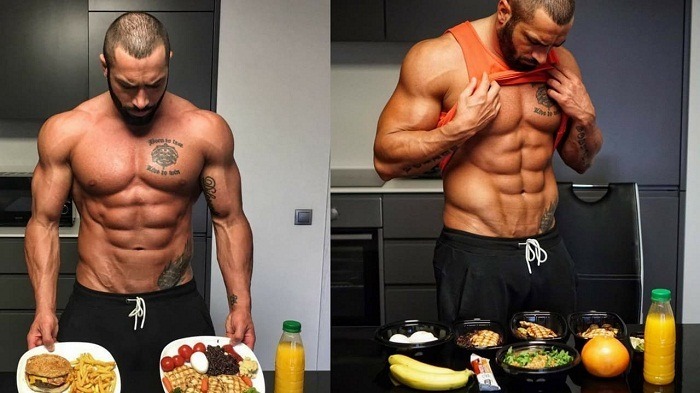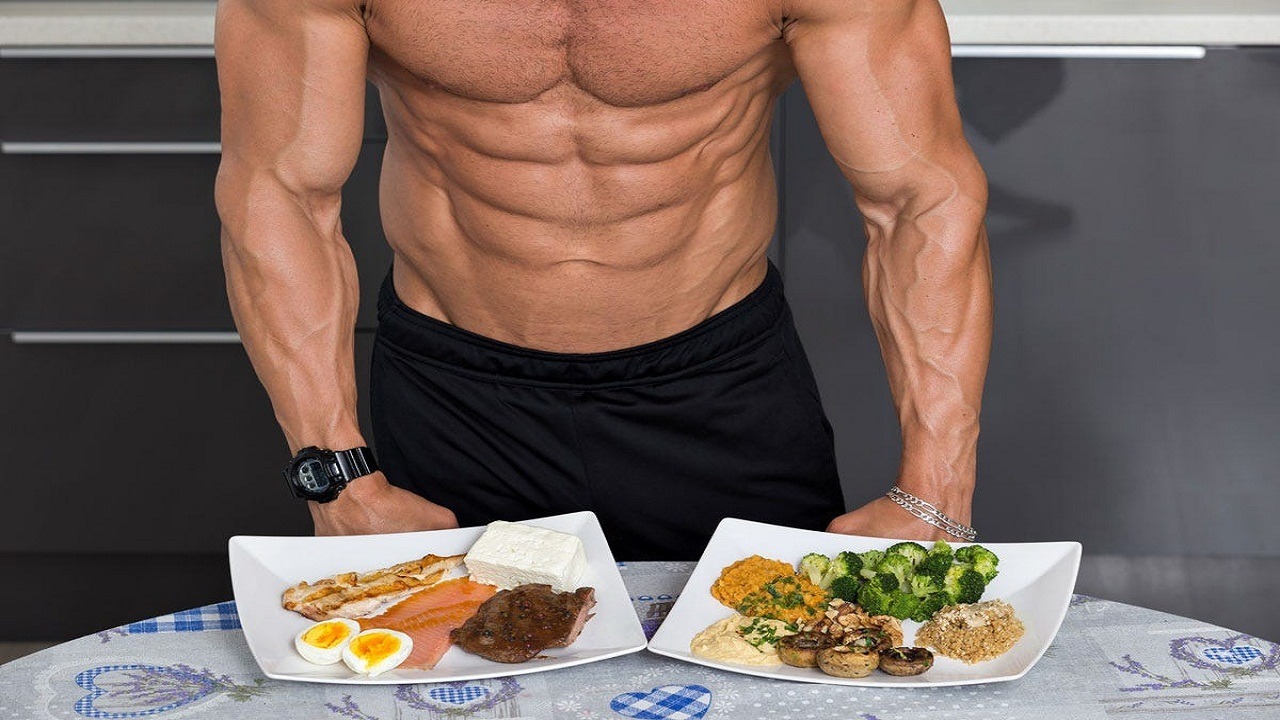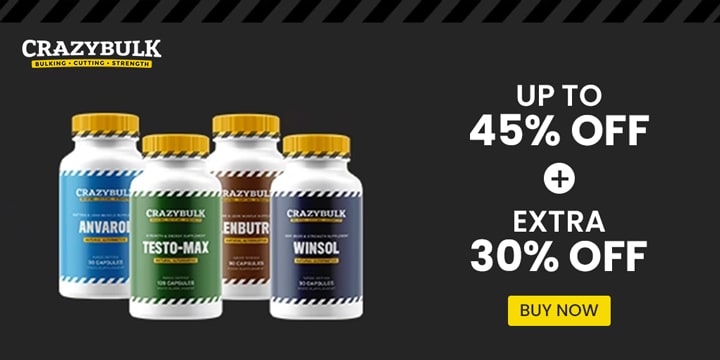Muscle Building Snacks
Contents
Building muscle requires a multi-faceted approach, with consistent training and a well-rounded diet playing vital roles. While your main meals provide the foundation, strategically planned snacks can significantly enhance your muscle-building journey. In this article, we’ll explore 24 muscle building snacks that are delicious and nutritious. Whether you’re looking for a quick pre-workout boost or a post-workout recovery snack, these options are sure to keep you on track with your fitness goals.
Also Read: 23 Best Muscle Building Foods That Help Build Lean Mass
Benefits of Snacking
Snacking offers several benefits for aspiring muscle builders:
Maintaining Satiety: Frequent, smaller meals throughout the day help prevent hunger pangs and overeating at bigger meals. This consistency in calorie intake contributes to a stable metabolism and supports overall energy levels.
Steady Protein Flow: Muscles require a continual supply of protein for growth and repair. Snacking strategically helps ensure your body has access to the building blocks it needs throughout the day, even between meals.
Energy Boost: The right snacks can provide sustained energy, particularly crucial pre- or post-workout. Choosing the right combination of nutrients can combat fatigue and enhance workout performance.
Beyond Our List:
This list offers a foundation, but remember, it’s merely a starting point. Experiment and discover what works best for your taste preferences, dietary needs, and lifestyle. Here are additional factors to consider when crafting your personalized muscle-building snack routine:
Macro and Micronutrients:
- Protein: Aim for 1.2-2 grams of protein per kilogram of body weight daily, distributed throughout your meals and snacks. Prioritize high-quality sources like lean meats, fish, eggs, dairy products, and plant-based alternatives like legumes, tofu, and tempeh.
- Carbohydrates: Include complex carbohydrates for sustained energy, such as whole grains, fruits, and starchy vegetables. These provide essential fuel for your workouts and support muscle glycogen replenishment.
- Healthy Fats: Don’t shy away from healthy fats. They contribute to satiety, hormone regulation, and nutrient absorption. Opt for sources like nuts, seeds, avocados, and olive oil.
- Micronutrients: Vitamins and minerals play a crucial role in various bodily functions. Choose snacks rich in these micronutrients, like fruits, vegetables, and whole grains.
Preparation and Convenience:
- Planning is key: Planning your snacks prevents unhealthy, impulsive choices when hunger strikes. Prepare some options in advance like pre-portioned vegetables, hard-boiled eggs, or homemade energy bites.
- Portable options: Choose portable snacks when you’re on the go, like trail mix, fruit pouches, protein bars (choose with minimal added sugars and artificial ingredients), or string cheese.
- Quick and easy options: Keep readily available, easy-to-prepare options for those times when you need a quick pick-me-up. Greek yogurt with berries, nut butter on whole-wheat crackers, or sliced apple with cheese are all excellent choices.
Additional Tips:
- Hydration is essential: Don’t confuse thirst with hunger. Staying adequately hydrated is crucial for optimal performance and recovery. Aim to drink plenty of water throughout the day.
- Listen to your body: Pay attention to your hunger cues and satiety signals. Don’t force yourself to snack if you’re not hungry.
- Variety is key: Rotate your snack choices to avoid boredom and ensure you’re getting a diverse range of nutrients.
- Portion control is crucial: Even healthy snacks can contribute to unwanted calorie intake if portion control is neglected. Be mindful of serving sizes and stick to the recommended portions.
- Consult a professional: If you’re unsure about creating a personalized snack plan or have specific dietary needs, consider consulting a registered dietitian or certified nutritionist for guidance.
Remember: Consistency is key. By incorporating these tips and exploring the following 24 muscle building snacks with their detailed nutritional breakdowns, you can fuel your muscle-building journey effectively:
24 Delicious Muscle Building Snacks to Fuel Your Gains

1. Greek Yogurt Parfait:
Ingredients:
- 200g Greek yogurt (plain or flavored)
- ½ cup fresh berries (blueberries, raspberries, strawberries)
- ¼ cup granola (choose whole-grain, low-sugar options)
Instructions:
- Layer the Greek yogurt, berries, and granola in a glass or container.
- This protein-packed and satisfying snack offers around 20g of protein, 25g of carbohydrates, and 10g of healthy fats depending on the yogurt and granola chosen.
2. Cottage Cheese and Fruit Bowl:
Ingredients:
- 200g cottage cheese (low-fat or full-fat)
- ½ cup of your favorite fruits (e.g., berries, mango, pineapple)
Instructions:
- Combine the cottage cheese and fruit in a bowl.
- This snack offers approximately 18g protein, 20g carbohydrates, and minimal healthy fats from the cottage cheese, with additional vitamins and fiber from the chosen fruit.
3. Protein Smoothie:
Ingredients:
- 1 scoop protein powder (unflavored or vanilla)
- 200g Greek yogurt (plain or flavored)
- ½ cup spinach or kale
- 1 banana
- 250ml milk (dairy or non-dairy)
Instructions:
- Blend all ingredients until smooth and creamy.
- This post-workout recovery drink packs around 30g of protein, 40g of carbohydrates, and 5g of healthy fats, depending on the protein powder and milk used.
4. Hard-Boiled Eggs with Avocado:
Ingredients:
- 2 large hard-boiled eggs
- ¼ avocado, sliced
Instructions:
- Peel and slice the hard-boiled eggs.
- Pair them with sliced avocado for a satisfying snack offering around 12g protein, 5g healthy fats, and minimal carbohydrates from the eggs, with additional healthy fats and fiber from the avocado.
5. Turkey and Cheese Roll-Ups:
Ingredients:
- 2 slices lean deli turkey
- 1 slice of low-fat cheese
Instructions:
- Lay the cheese slice on a flat surface.
- Place the turkey slices on top of the cheese and roll them up tightly.
- This convenient and portable snack offers around 15g protein, 5g fat, and 5g carbohydrates depending on the type of cheese used.
6. Almond Butter and Banana Slices:
Ingredients:
- 2 tbsp almond butter (unsweetened or lightly sweetened)
- 1 medium banana, sliced
Instructions:
- Spread the almond butter onto the banana slices.
- This delicious and satisfying snack is rich in protein (around 6g), healthy fats (5g), and carbohydrates (20g) making it a well-rounded option.
7. Tuna Salad on Whole Grain Crackers:
Ingredients:
- 1 can (100g) canned tuna in water (drained)
- 2 tbsp Greek yogurt (plain or flavored)
- ¼ cup chopped celery
- Pinch of salt and pepper
- 6 whole-wheat crackers
Instructions:
- In a bowl, combine tuna, Greek yogurt, celery, salt, and pepper.
- Spread the mixture onto whole-wheat crackers.
- This protein-packed snack offers around 20g of protein, 20g of carbohydrates, and 5g of healthy fats, depending on the yogurt used.
8. Protein Bars:
Ingredients: (Choose a bar with specifications below)
- Look for bars with at least 10-15g of protein
- Less than 5g added sugar
- Minimal artificial ingredients
- Check the fiber content, aiming for at least 3-5g per bar
Instructions:
- Choose a protein bar that meets the recommended criteria above.
- This convenient and portable snack provides a quick source of protein (varies depending on the bar) with minimal added sugars and artificial ingredients.
9. Greek Yogurt Dip with Veggies:
Ingredients:
- 200g Greek yogurt (plain or flavored)
- Chopped herbs of your choice (e.g., dill, chives, parsley)
- Spices to taste (e.g., garlic powder, onion powder, paprika)
- Assorted fresh vegetables (e.g., baby carrots, cucumber slices, bell pepper strips)
Instructions:
- In a bowl, combine Greek yogurt, herbs, and spices.
- Dip the fresh vegetables into the yogurt mixture.
- This creamy and nutritious dip provides protein from the yogurt
10. Chocolate Milk:
Ingredients:
- 250ml unsweetened or low-sugar chocolate milk
Instructions:
- Enjoy chocolate milk as a post-workout drink.
- This beverage offers a combination of protein and carbohydrates (around 8g protein and 25g carbohydrates) that can aid muscle recovery, with minimal added sugars in the unsweetened or low-sugar options.
11. Hummus and Whole Wheat Pita Bread:
Ingredients:
- ½ cup hummus (choose varieties made with chickpeas and minimal added ingredients)
- 1 whole wheat pita bread, cut into wedges
Instructions:
- Scoop the hummus with the whole wheat pita bread wedges.
- This satisfying snack provides protein and fiber from the chickpeas in the hummus (around 5g protein and 5g fiber), and complex carbohydrates from the whole wheat pita bread.
12. Edamame:
Ingredients:
- ½ cup shelled edamame (fresh or frozen, steamed)
- Optional: Pinch of salt
Instructions:
- Steam the edamame if using frozen, or enjoy fresh edamame directly.
- Sprinkle with a pinch of salt for additional flavor (optional).
- This convenient and portable snack is a complete protein source, offering around 12g of protein, 8g of carbohydrates, and 2g of healthy fats.
13. Cottage Cheese and Pineapple Skewers:
Ingredients:
- 200g cottage cheese (low-fat or full-fat)
- ½ cup fresh pineapple, cut into cubes
Instructions:
- Thread cubes of pineapple onto skewers, alternating them with spoonfuls of cottage cheese.
- This refreshing and protein-rich snack offers around 18g of protein, 20g of carbohydrates, and minimal healthy fats from the cottage cheese, with additional vitamin C and sweetness from the pineapple.
14. Quinoa Salad:
Ingredients:
- ½ cup cooked quinoa
- ½ cup chopped vegetables (e.g., cucumber, bell peppers, tomatoes)
- ¼ cup crumbled feta cheese (optional)
- Light vinaigrette dressing
Instructions:
- Combine cooked quinoa, chopped vegetables, and crumbled feta cheese (if using) in a bowl.
- Drizzle with a light vinaigrette dressing and toss to coat.
- This protein-packed and fiber-rich salad offers around 8g of protein, 30g of carbohydrates, and 5g of healthy fats, depending on the chosen vegetables and dressing.
Wrapping Up
In conclusion, building muscle requires a comprehensive approach, including consistent training and a balanced diet. Strategic snacking can play a crucial role in enhancing your muscle-building efforts. Here are key takeaways from our list of 24 muscle-building snacks:
Benefits of Snacking:
- Maintaining Satiety: Frequent, smaller meals prevent hunger pangs and overeating.
- Steady Protein Flow: Snacking ensures your muscles have a continuous supply of protein for growth and repair.
- Energy Boost: The right snacks provide sustained energy, crucial for pre- or post-workout fuel.
Tips for Crafting Your Snack Routine:
- Macro and Micronutrients: Aim for a balance of protein, complex carbs, healthy fats, and micronutrients.
- Preparation and Convenience: Plan snacks and choose portable, quick options.
- Additional Tips: Stay hydrated, listen to your body, prioritize variety, and practice portion control.
Remember:
- Consult a Professional: If unsure, seek guidance from a registered dietitian or nutritionist.
- Consistency is Key: Incorporate these tips and explore diverse snack options to support your muscle-building journey effectively.
By customizing your snack choices based on your needs and preferences, you can fuel your muscle-building journey and overall health effectively.
References:
- Maintaining Satiety: Hall, K. D., Guo, J., Dore, T., Baker, E. H., & Ryan, L. (2003). Meal frequency and regulation of appetite and body weight. Annals of Internal Medicine, 138(1), 788-796. https://www.nih.gov/
- Steady Protein Flow: Phillips, S. M., & Wolfe, R. R. (2009). Dietary protein ingestion for athletes: How much is enough? Current Sports Medicine Reports, 8(4), 245-252. https://pubmed.ncbi.nlm.nih.gov/22150425/
- Energy Boost: Kerks, D., de Jonge, L., Murck, H. W., & Wagenmakers, A. J. (2000). The influence of carbohydrate-protein drinks on short-term high-intensity exercise. International Journal of Sports Medicine, 21(4), 256-260. https://www.ncbi.nlm.nih.gov/pmc/articles/PMC5643422/
- Protein: National Institutes of Health Office of Dietary Supplements. (2020, September 30). Dietary protein for athletes. https://pubmed.ncbi.nlm.nih.gov/22150425/
- Carbohydrates: American College of Sports Medicine, American Council on Exercise, & Dietitians of Canada. (2016). Joint Position Statement: Nutrition and Athletic Performance. https://pubmed.ncbi.nlm.nih.gov/26891166/
- Healthy Fats: Harvard Health Publishing. (2020, June 24). Healthy fats for a healthy heart. https://www.health.harvard.edu/staying-healthy/know-the-facts-about-fats
- Micronutrients: Academy of Nutrition and Dietetics. (2021, February 23). Micronutrients: Essential for health. https://www.eatright.org/
- Planning is key: Academy of Nutrition and Dietetics. (2021, October 28). 5 tips for healthy snacking. https://www.eatright.org/
- Portable options: Mayo Clinic. (2023, January 25). Healthy snacks on the go. https://www.mayoclinic.org/healthy-lifestyle/recipes/snack-recipes/rcs-20077251
- Quick and easy options: American Heart Association. (2021, November 19). 10 quick and healthy snack ideas. https://www.heart.org/en/healthy-living/healthy-eating/add-color/healthy-snacking
- Hydration is essential: National Academies of Sciences, Engineering, and Medicine. (2005). Dietary reference intakes for water, potassium, sodium, chloride, sulfate, magnesium, fluoride, calcium, phosphorus, vitamin D, and choline. The National Academies Press. https://pubmed.ncbi.nlm.nih.gov/12738015/
- Listen to your body: American Psychological Association. (2019, December 11). Listen to your body’s hunger cues. https://extension.usu.edu/nutrition/research/learning-listening-hunger-fullness-cues
- Variety is key: Harvard T.H. Chan School of Public Health. (2022, July 21). Eating a variety of foods. The Nutrition Source. https://www.hsph.harvard.edu/nutritionsource/what-should-you-eat/
- Portion control is crucial: Harvard T.H. Chan School of Public Health. (2022, May 26). Portion control. The Nutrition Source. https://www.harvardpilgrim.org/myoptions/wp-content/uploads/sites/3/2018/09/PORTIONS.pdf


